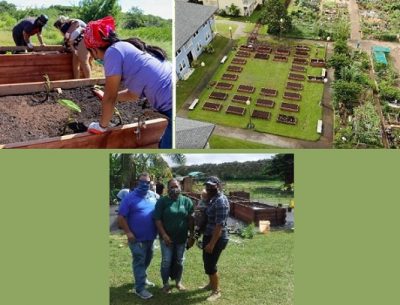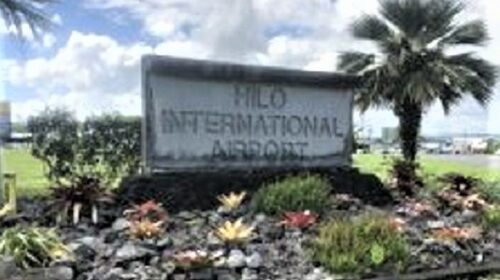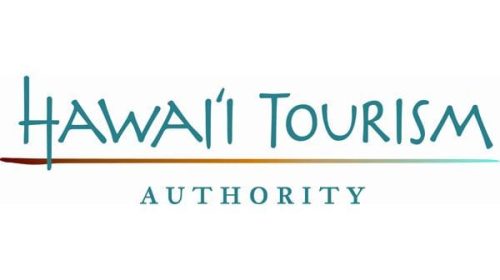Urban gardens created to address food insecurity in vulnerable communities
Working together with residents across O‘ahu, the Honolulu Department of Community Services (DCS) organized the creation of urban gardens at seven City-owned, special needs housing locations this week. With the goal of providing sustainable, fresh produce for those facing food insecurity, more than 160 garden beds were crafted and 20 fruit trees planted through a Food Security-Scaping Program seeded with CARES Act Coronavirus Relief Funds. The project will benefit nearly 1,100 residents from vulnerable communities including: previously homeless families & youth, kūpuna, domestic violence survivors, and low-income families.
“Growing our own food on-island is vital to making our community more resilient,” said Mayor Kirk Caldwell. “Expanding our food production footprint will not only provide locally grown produce; it is part of a movement where the food we eat is grown, picked, processed, distributed, and prepared by the people of Oʻahu for the people of O‘ahu. Along with helping to sustain the bodies of those affected most by the pandemic, this project will also feed their spirits as they see their hard work grow into what will become vibrant urban gardens.”
At ALEA Bridge in Hale‘iwa, program coordinators installed 13 garden beds and fruit trees like mulberry and avocado in late November. April Keller and her young son venture out to the flourishing gardens every morning to look at the array of growing vegetables, including tomatoes, squash, lettuce, and kale as well as herbs like mint.
“My son really loves tomatoes and picking them off the vine so we are both really excited to see them growing,” Keller said. “He is fascinated with the whole process, and it’s a good teaching opportunity for him.”
Keller looks forward to tending the garden and making healthy meals and mint tea for her family. She recently harvested cabbage, cilantro, green onion, parsley, and kale from the gardens to create kalua pig and cabbage with cilantro rice.
“This pandemic has truly shone a light on the need for food security among our vulnerable communities. Each of these project locations is a place that has offered safety and stability to ‘ohana through housing,” said DCS Director Pamela Witty-Oakland. “Now we get to work together to plant literal seeds for their future that will help to feed nearly 1,100 residents not just for weeks or months, but for years to come.”
| Participating Affordable Housing Sites | People Served |
| ALEA Bridge serves formerly homeless families and youth. | 15 |
| Mānoa Gardens provides affordable rentals for kūpuna. | 92 |
| West Loch Senior Villages provides affordable rentals for kūpuna. | 173 |
| Hale Maluhia shelters survivors of domestic violence. | 56 |
| Kahauiki Village serves formerly homeless families. | 549 |
| Vancouver House serves formerly homeless and at-risk families. | 107 |
| DE Thompson Village provides affordable rentals for kūpuna. | 100 |
“The project emerged out of an intentional response to implement multi-faceted solutions, prioritizing sustainable relief to individuals and families being hit the hardest by the COVID-19 pandemic and economic crisis,” said Lala Nuss, climate resilience and equity manager at the Office of Climate Change, Sustainability, and Resiliency.
This project is inspired by the City’s Community Recreational Gardening Program, founded in 1975 and supporting nearly 1,230 plots at 10 community gardens. In addition, the Mānoa Gardens plot neighbors the public community garden located at Mānoa Valley District Park. “This is a fine example of how a community garden model can be incorporated into diverse properties and potentially make a significant impact on food security and the health of our communities,” shared Joshlyn Sand, Director of the Honolulu Botanical Gardens and the City’s community garden system. “We have seen the passion that our communities have for these kinds of gardens, and now this amazing program can help empower more future gardeners in so many ways.”
The project is made possible by a private-public partnership with the Honolulu Department of Community Services, the Office of Climate Change, Sustainability and Resiliency, Department of Parks and Recreation, Department of Land Management, Hawai‘i Community Foundation, SSFM International, Supersistence, local landscaping companies, and community-based nonprofits.
The Department of Community Services (DCS) is an agency of the City and County of Honolulu focused on creating opportunities to improve the quality of life for the people of O‘ahu. DCS oversees the City’s work in key areas such as housing, homeless services, community development, aging & disability resources, grants, housing & rental assistance, workforce training, and youth services.




